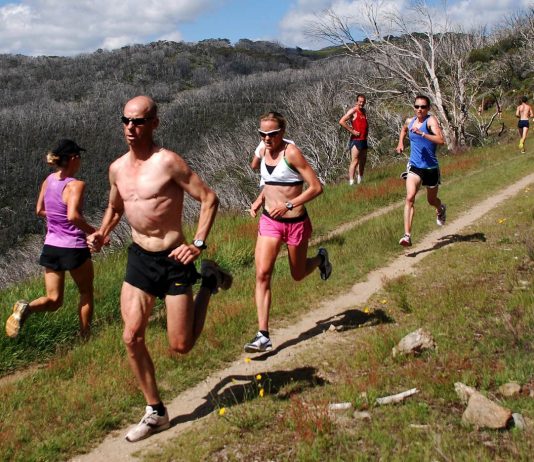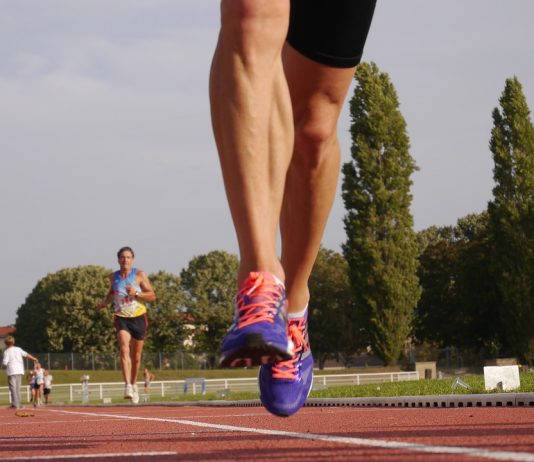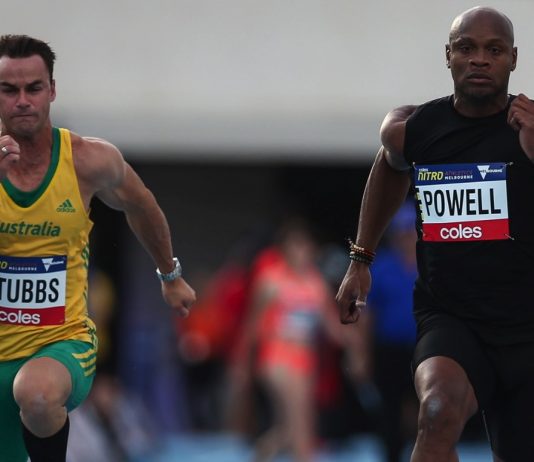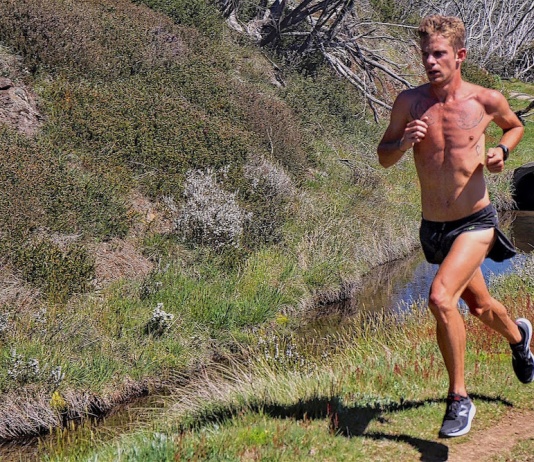A stress fracture, characterized by a small, fine break in a bone, is a prevalent injury among runners and athletes who subject their bodies to repetitive strain. While various bones can be susceptible to stress fractures, it is the bones in the legs and feet that face the greatest risk, especially for long-distance runners in rigorous training. Among these bones, the metatarsals in the midfoot area are particularly vulnerable to stress fractures.
Article by Benita Willis: 4 x Olympian, Aussie marathon record holder, World Champion & head coach at Lace Up Running.
It’s a strange year in many people’s lives and in some cases, has thrown our routine out the window for months! During this time, many of us have developed bad...
The exhilarating feeling that you get when you run can be addictive and you might be tempted to push your limits just to beat your own record. Although this demonstrates a powerful mindset and grit in runners, you shouldn’t go as far as ignoring health cues and sacrificing your...
If you’re a long-distance runner, chances are you or someone you know has contracted athlete’s foot at some point in their career. In fact, athlete’s foot is such a common fungal infection that 15 to 25 percent of that general population is estimated to have it at any one...
Strength Training for Runners: Unlocking Speed, Efficiency, and Injury Prevention
Runnerstribe Admin -
Strength training is a crucial component for runners looking to enhance their performance. While incorporating tempo runs, long runs, and speedwork into your routine can improve speed and efficiency, adding strength training takes your running abilities to the next level. According to Jason Fitzgerald, a running coach and founder of Strength Running, strength work accomplishes three main goals for runners: preventing injuries by strengthening muscles and connective tissues, helping to run faster by boosting neuromuscular coordination and power, and improving running economy by enhancing coordination and stride efficiency.
The below interview is thanks to Neil MacDonald, who caught up with Georgie in January 2004. With Neil’s permission, the interview has been restored so that today’s generation can enjoy reading about the teenage phenom that was Georgie Clarke.
Neil MacDonald managed the Geelong Region Cross Country team from 2000-2007.
HEY THERE,...
Need for Speed? Six Sprinting Sessions to get you started – Tips from Aaron “Speedy” Stubbs
Runnerstribe Admin -
Tips from Aaron “Speedy” Stubbs
Sprinting is proven to be more efficient than longer endurance types of exercise (think jogging and walking) and has the added bonus of burning fat (even after you have finished exercising!), building muscle and it boosting your basal metabolic rate. Sprinting is a whole body...
During the early nineties, Queenslander Simon Doyle was a serious player at a global level over 1500m. Doyle that year won three Grand Prix races and finished 4th at the Commonwealth Games in Auckland. In 1991, Doyle finished 12th at the World Athletics Championships final in Tokyo.
It was...
The Sports Gene' Explores The Science Behind Athletic Success
Originally Published Jul 31 2013 - Re-Published with permission by RT 13/1/2016
By: Chris Gorski
Not everyone can become an elite athlete. On the basketball court, tall men with abnormally long arms have an advantage over equally athletic men with typical body proportions....
It is crucial to acknowledge that endurance training does not rely on secret formulas or miraculous workouts. Instead, it revolves around subjecting the cardiovascular system, metabolism, and muscles to stress, triggering adaptive responses. While training methodologies may evolve, the core principles remain unaltered.



























